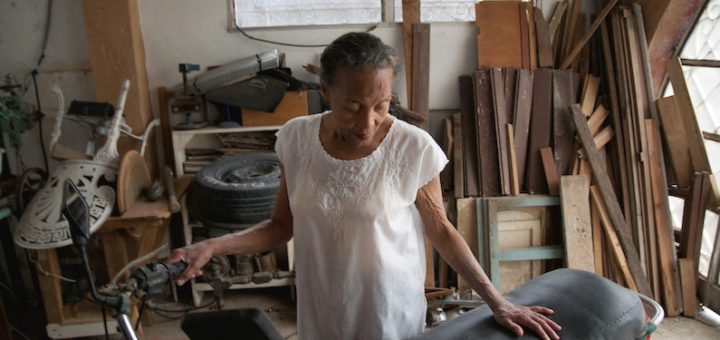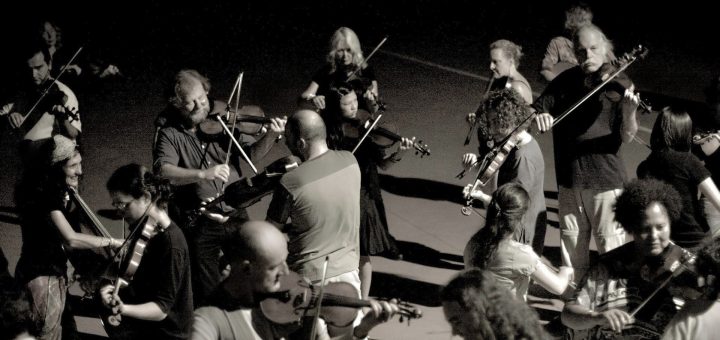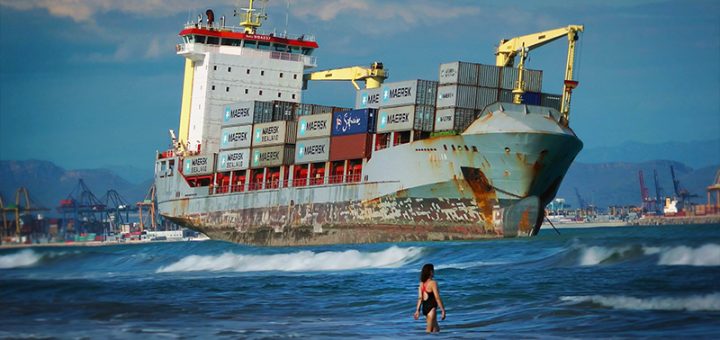Tuesday, April 10: The Island and the Whales
7:30 pm/ St. John School of the Arts St John Film Society presents: THE ISLAND AND THE WHALE A feature length documentary by Mike Day “Beautifully photographed and perfectly edited, The Islands and the Whales is a powerful, if challenging, documentary that needs to be seen.” ( Warning: this film does contain graphic footage and animals are harmed during the film) “An exploration of the current threats to the lifestyle of the people living in the Faroe Islands.” In their remote home in the North Atlantic the Faroe Islanders have always eaten what nature could provide, proud to put local food on the table. The land yields little, so they have always relied on harvesting their seas. Hunting whales and seabirds kept them alive for generations, and gave them the way of life they love; a life they would pass on to their children. But today they face a grave threat to this tradition. It is not the controversy surrounding whaling that threatens the Faroese way of life; the danger is coming from the whales themselves. The Faroese are among the first to feel the affects of our ever more polluted oceans. They have discovered that their beloved whales are toxic, contaminated by the outside world. What once secured their survival now endangers their children and the Faroe Islanders must make a choice between health and tradition. Winner of DOC NYC Grand Jury Prize and the Hot Docs Emerging International Filmmaker Award “….Whereas films like The Cove, and The Ivory Game present animal cruelty in the efforts of shedding a light on its barbarianism, Mike Day has an altogether different story to tell. Set on the Nordic Faroe Islands (smack in the middle of Denmark, Iceland, and the UK), Day’s film looks at how these people have had to adapt their sustainable fishing and hunting practices to an increasingly globalized world that doesn’t see their way of life as in line with modern norms. “ Read more reviews here: THE GUARDIAN & THE GUARDIAN




